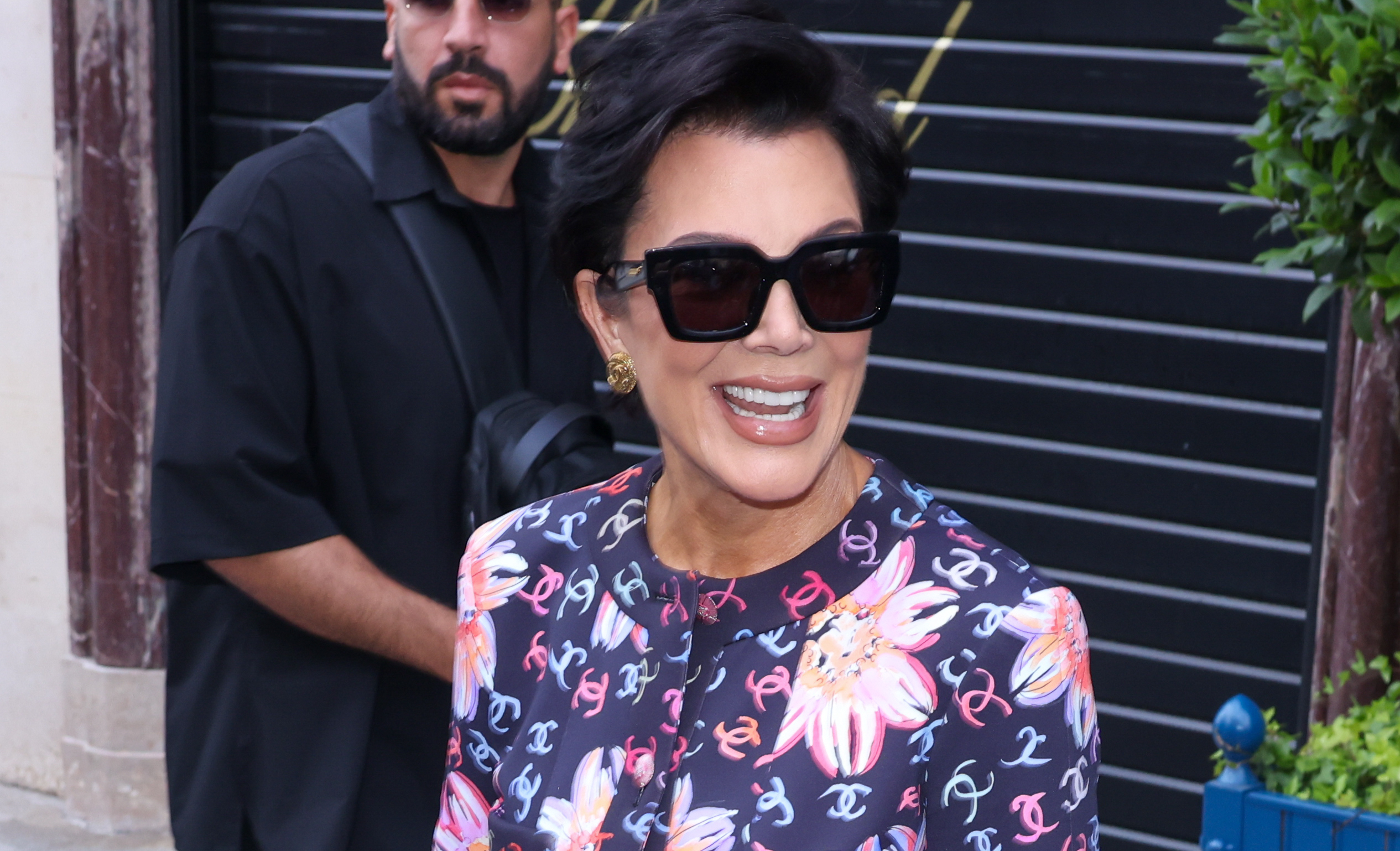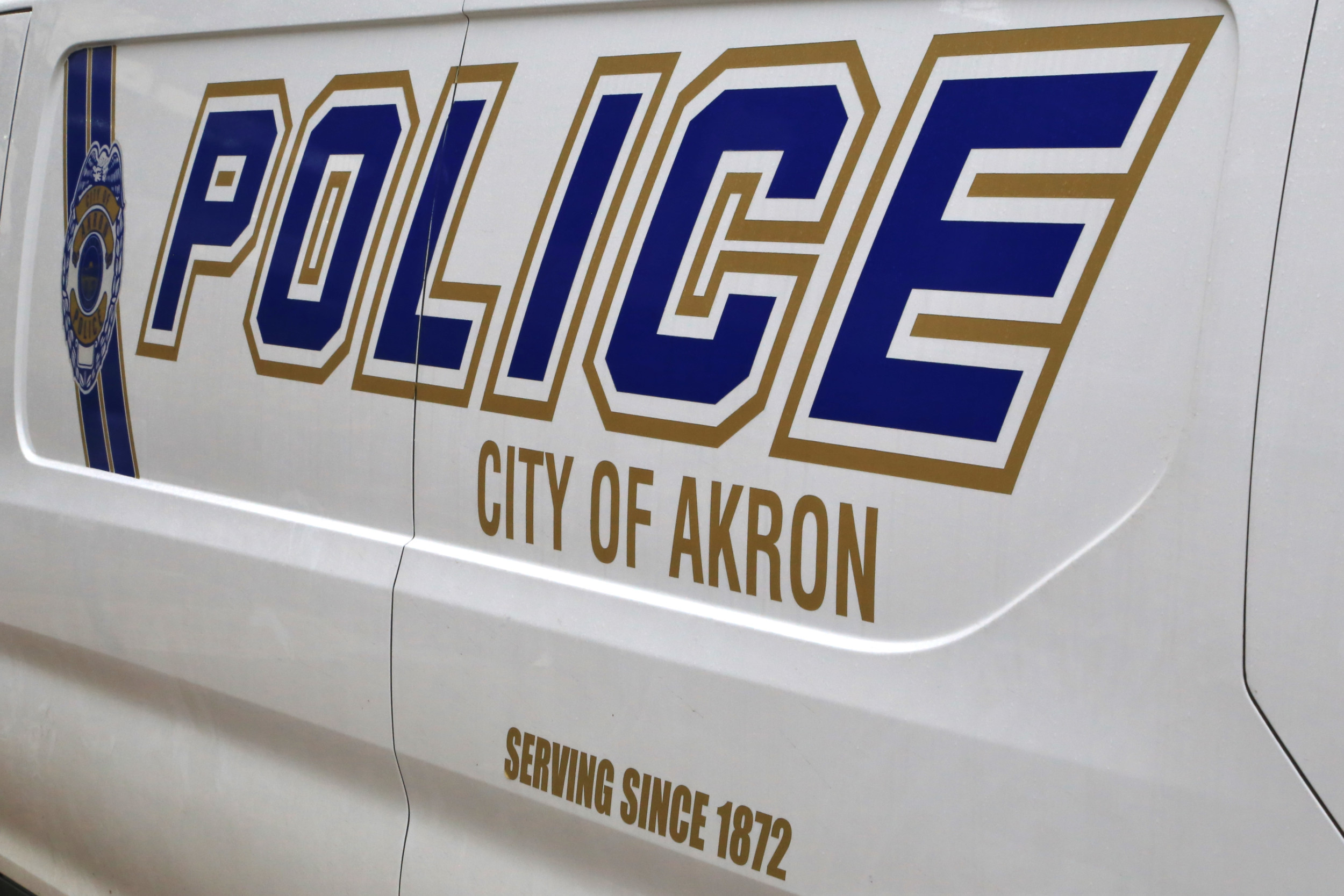Despite being some of the newest members of the workforce, Gen Z is the most likely to ask for a raise, according to a new survey from LendingTree.
LendingTree's new report from this month found that Gen Zers (those born between 1997 and 2012) were most likely to ask for a raise, at 50 percent, while Millennials were just 1 percentage point behind, at 49 percent.
"Gen Z is asking for raises because they know the game's rigged against them," HR consultant Bryan Driscoll told Newsweek. "They're stepping into a workforce where wages haven't kept pace with inflation for decades. They're not delusional. They're watching everyone else work themselves to death for scraps, and they're saying that doesn't work for us. It's not entitlement—it's survival."
Men were also far more likely to ask for a raise than women, as 49 percent of the men in the LendingTree survey asked for a pay increase, compared to just 35 percent of women.
This might work to their advantage as those who ask for raises tend to get more money at the end of the day.
The LendingTree survey of more than 2,000 people was conducted in October and found 82 percent of full-time workers who asked for a raise ended up getting one, and 66 percent got a pay increase regardless of whether they asked.
Still, not every raise is a significant increase in money. Over half, 51 percent, of the raises this past year were less than $5,000. Roughly 24 percent saw a salary increase of $5,000 to $9,999.
For Gen Z, specifically, asking for a raise might be the most obvious answer to their economic realities, Driscoll said.
"They've got student loans, rent prices through the roof, no social safety net, no guaranteed retirement options, and a job market that'll drop them at the first sign of a recession," he said. "If 50 percent of Gen Z is asking for raises, it's because 100% of them know they're being underpaid."

An earlier study this year from the American Staffing Association (ASA) and Harris Poll, found 66 percent of employees aged 18 to 27 planned to ask for a raise this year.
Despite this, Gen Z has often had a bad reputation in the workforce as lazy or even toxic.
A survey from Freedom Economy Index report conducted by PublicSquare and RedBalloon found 68 percent of small business owners said Gen Zers were the "least reliable" of all their employees.
One of the surveyed employers spoke of Gen Z's "absolute delusion, complete lack of common sense, and zero critical reasoning or basic analytical skills."
These are largely stereotypes and companies reacting to Gen Z's tendency to call out harmful work practices, according to Driscoll.
"The portrayal of Gen Z as toxic for workplaces is not only unjust but also overlooks the broader context of the evolving workplace," Driscoll previously told Newsweek. "Their expectations for transparency, inclusivity and purpose in their work often get misconstrued as entitlement or unreliability."
Longterm, Driscoll said Gen Z's push could shift the balance of power in the workplace.
"But let's be real—employers won't give up that power easily," he said. "They'll slap labels like 'impatient' or 'demanding' on these workers instead of addressing the real issue: stagnant wages and systemic inequality."




















 English (US) ·
English (US) ·